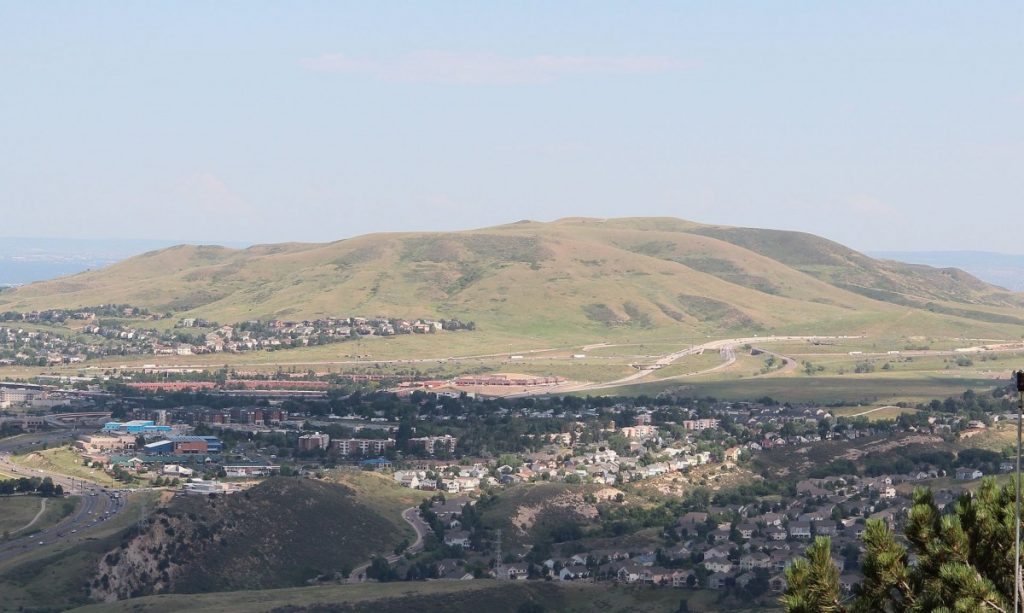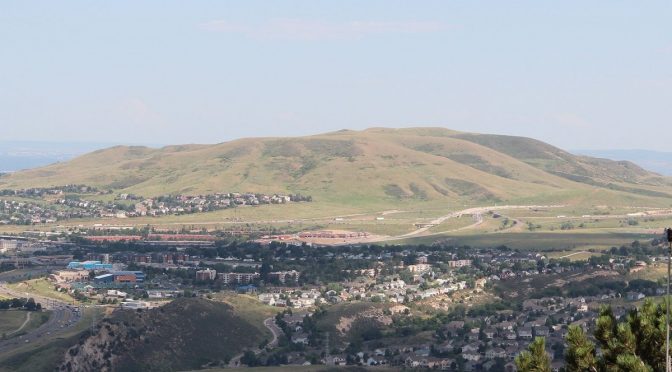Question 2B asks Lakewood, Colorado, voters to approve the recreational marijuana industry in their city, the 5th largest in Colorado. A committee is fighting the proposal.
In 2014, Lakewood citizens voted against recreational marijuana, thinking the issue resolved once and for all. But, no, representatives of the marijuana industry are pushing once again this year. The city is a large suburb which lies west of Denver, in Jefferson County.

Although stated with confusing language, the measure would allow for expanding existing medical marijuana businesses into recreational marijuana businesses. It would provide for significant expansion in the size and number, as well as industrial style marijuana grows. For more information, contact James Otton: [email protected].
Voters should say NO once again. Colorado tax revenue from marijuana went down last month, and the growth of the industry is past its peak. Marijuana is not the tax bonanza that people were promised, but there’s also a human cost.
Arguments and concerns of No on 2B Committee
A committee of citizens, “No on2B”, is working to defeat the ballot.
Committee organizer James Otton explains: “One estimate shows that for every $1 in revenue to the city there are $4.50 in costs from ER and hospital visits, payments to addiction rehab facilities, on the job problems with accidents, absenteeism, and injuries, criminal activity (all facilities have heavy indoor and exterior security for a reason), and traffic accidents including fatalities.”
The committee is concerned about what the expansion will do to youth and young adults. More marijuana would be available to them. Thirty-seven percent (37%) of Colorado young adults 18-25 years old use marijuana monthly and 15% use it daily (National Survey of Drug Use and Health, 2019). Today nearly half the Colorado teens who admit to using marijuana also admit to “dabbing” and “vaping.”
Use of today’s high-THC marijuana in hundreds of products has caused or contributed to addiction, severe mental illness (psychosis, schizophrenia, and others), acute lung injury (vaping), suicides, and cannabis hyperemesis (severe painful cyclic vomiting). Studies have not been conducted on the long-term effects of the high-potency marijuana sold today. (THC at 18-20% for most products, up to 100% in some).
When the COVID crisis is over, regular business should resume and revenues will go up again. Selling more pot is a shortsighted solution to current budget problems.
Lakewood doesn’t need the problems that other mid-sized cities like Pueblo, Aurora and Boulder face. VOTE No on 2B.

